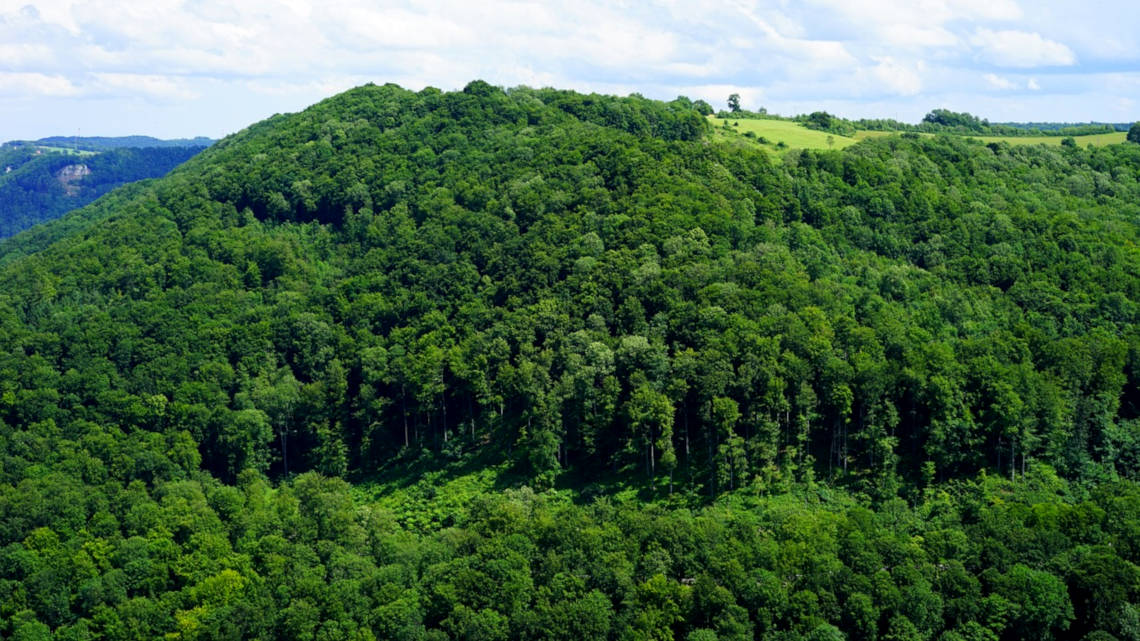Carbon fibers from beech wood
In Baden-Württemberg, a research centre is to be established that will develop processes for the sustainable and inexpensive production of high-tech fibres from hardwood.

Dirty, expensive and energy-intensive: this is how most of today's processes for producing carbon fibers from crude oil can be described. The German Institutes for Textile and Fiber Research Denkendorf (DITF) are now cooperating with the Ministry for Rural Areas and Consumer Protection Baden-Württemberg to develop an ecological and economic alternative. A research centre for hardwoods is to be established for this purpose.
Production from oil is toxic and expensive
Carbon fibres are very light, but nevertheless very resilient and heat resistant. As part of fiber composites, industry therefore uses them in vehicle construction and in the aerospace industry. However, the conventional production process is based on polyacrylonitrile, which is obtained from crude oil. This substance is not only toxic in itself, but its production also incurs toxic exhaust gases that have to be treated. This makes the sought-after carbon fibers unecological and expensive.
Beech wood offers an ecological and economical alternative
The DITF has been able to show on a laboratory scale that there is a sustainable alternative: The researchers have produced carbon fibers from beech pulp and beech lignin in a process that has comparatively low energy and total costs. The development of this method to market maturity will be one of the research priorities of the future research centre. "I am impressed by the variety of potential and existing processes for the production of carbon fibers. The time is ripe for large-scale application," said Baden-Württemberg's Minister of Agriculture Peter Hauk after a tour of the DITF's pilot plants.
Eight institutes involved
A total of eight research teams from different institutes are to network at the Hardwood Research Centre. In addition, the research centre is to serve as an interface with industry so that the findings can be transferred promptly into industry-relevant applications.
bl/um


